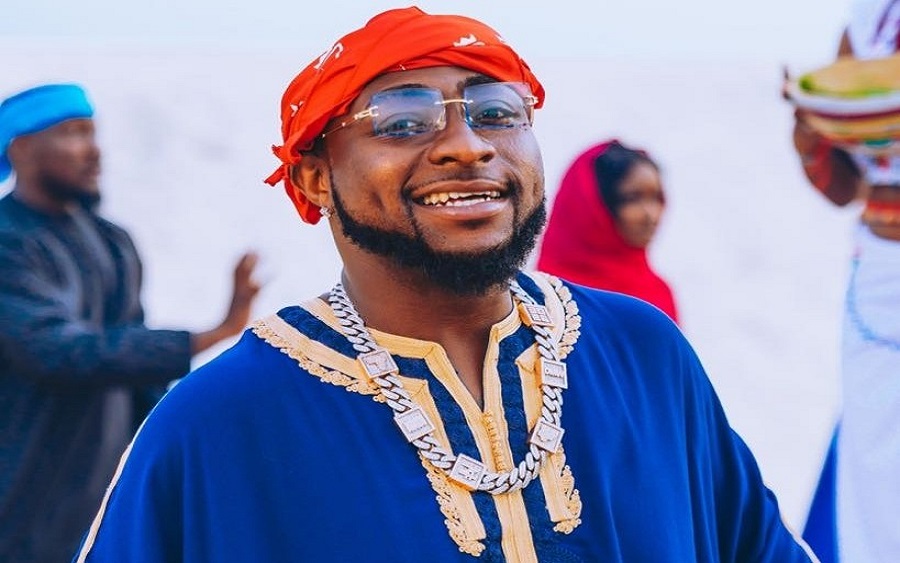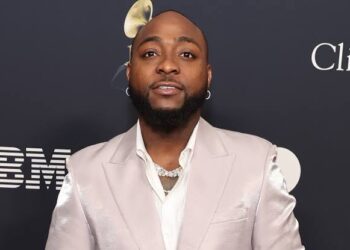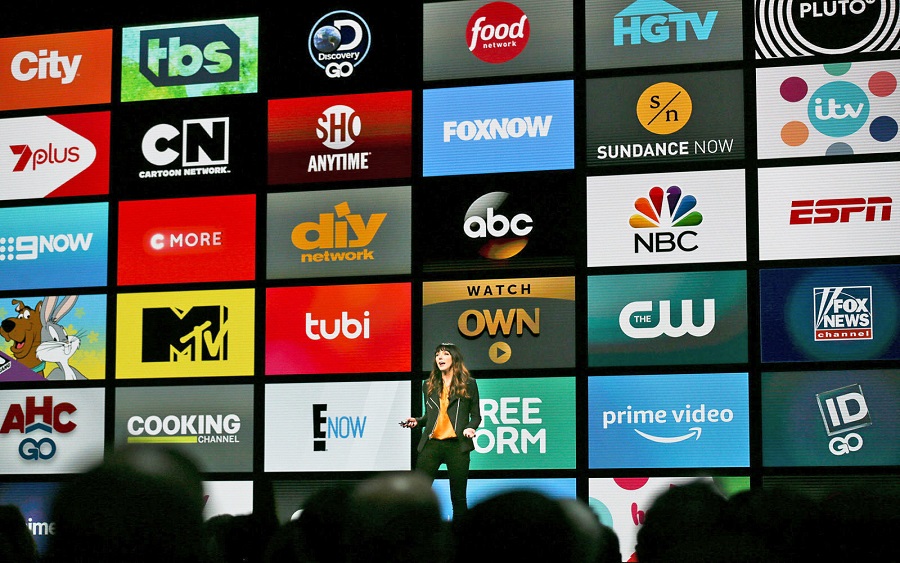The Nigerian music industry has come a long way, from the early times of Afrobeat patriarch, Fela Kuti, King Sunny Adé, Oliver De Coque, and William Onyeabor to the present-day stars like Wizkid, Davido, Burna Boy, Tiwa Savage, and Rema, it has continually evolved while consistently crossing the country’s borders into other parts of the world.
Nigeria’s music industry has been on a winning streak, for example, streaming giant Spotify revealed that revenues generated by Nigerian artists on its platform reached N11 billion ($14 million) in 2022. By 2023, that figure had surged to N25 billion, marking an over 100% year-on-year increase in streaming revenue.
Furthermore, the National Bureau of Statistics reported that motion pictures, sound recording, and music production constituted a significant portion of the arts and entertainment industry’s contribution to the country’s GDP. Specifically, these sectors represented 82.16%, equating to N1.62 trillion, of the N1.97 trillion generated by the arts and entertainment industry. At an exchange rate of N896 as of December 31, 2023 this equates to an industry worth of about $1.81 billion.
While these numbers may seem modest compared to more developed markets, the potential for exponential growth has drawn the attention of major international music conglomerates. These global players have made significant inroads into Nigeria’s music industry by partnering with local record labels and signing recording contracts with popular local artists.
This influx has significantly enhanced production values, benefiting consumers, but has also escalated production costs, challenging creatives. As a result, the role of effective record label management has become more critical than ever.
In the intricate ecosystem of the music industry, record labels and artists are indispensable partners who serve as incubators, supporting emerging artists by providing financial assistance for creation, distribution, and marketing.
As the industry moves towards contributing significantly to the entertainment sector’s projected $15 billion outlook by 2025, the influence of record label CEOs becomes increasingly pivotal. In no particular order here are 10 record label CEOs driving the Nigerian music industry forward by enabling talents and scouting diamonds in the rough.
Abuchi Peter is the CEO of Chocolate City Music, a position he has held since April 2021. Previously, he served as Vice President at the same company from January 2016 to April 2021. Concurrently, he has been the Chief Operating Officer at Bean Creative Agency since October 2019, where he manages talent and provides advisory services. Abuchi holds a Bachelor of Science in Entrepreneurship and Business Management from the National Open University of Nigeria (2015-2019) and a Diploma in Insurance from the University of Jos (2006-2008).
Chocolate City, founded in 2005 by lawyers Audu Maikori, Paul Okeugo, and Yahaya Maikori, is a renowned Nigerian record label and subsidiary of Chocolate City Group, which includes Chocolate City Distribution, Events, CCX, and Media. Recognized as one of Africa’s top urban record labels, it partnered with Warner Music Group in 2019, allowing its artists to join WMG’s repertoire with enhanced distribution and artist services. Notable artists include M.I Abaga, Femi Kuti, Nosa, Dice Ailes, and Blaqbonez. Former artists include Victoria Kimani, Ice Prince, Brymo, and Jesse Jagz. The label has also contributed to the careers of Djinee and Asa.























